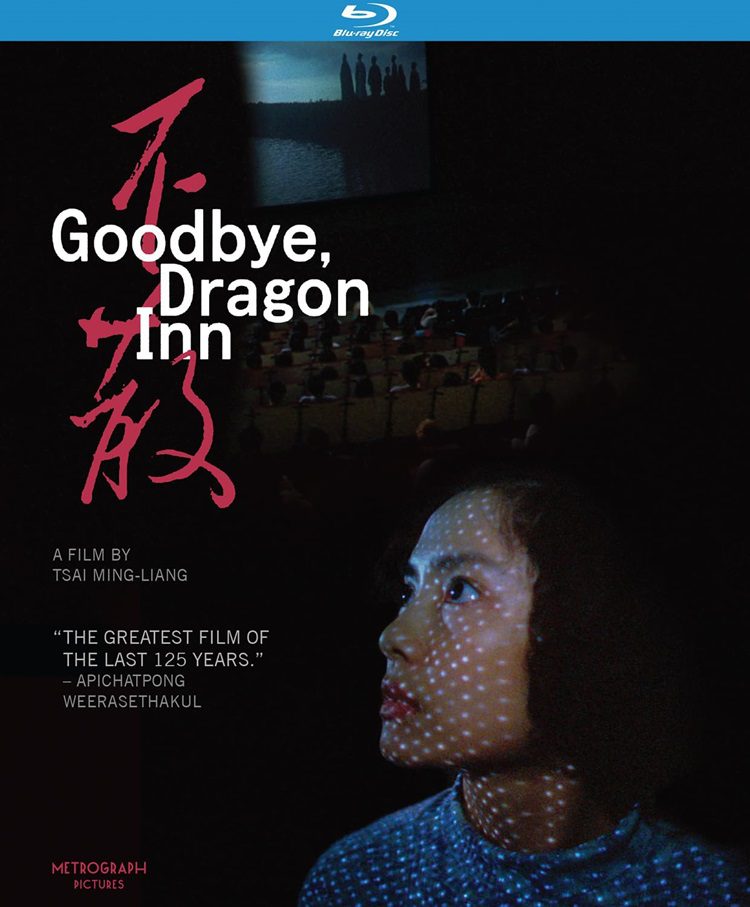
One of my earliest memories is seeing Return of the Jedi at the cinema. I would have been seven years old. I was mesmerized. I particularly remember, towards the end of the film, of being knocked out about how three simultaneous battles were going on at the same time. One on the forest moon of Endor, another being waged by spaceships above Endor, and Luke Skywalker going at it with the Emperor on the Death Star orbiting Endor. There were moments where you could see Luke and the Emperor fighting while fighters were visible battling outside the window and in the background there was Endor where the Rebels were trying to take out the force shield.
A memory I don’t have, but something my mother loves to tell me about is that when I was even younger she took me to see my first movie in the theater. I sat up in the front row with my brother but at some point walked back to where my mother was sitting and excited told her about how awesome this experience of going to the movies was.
When I was a teenager, like most teenagers I thought my parents were silly, dumb, and embarrassing. I was mortified to be seen with them outside of the home. This was especially true on Friday nights or anytime during the weekend, times I thought all the cool kids at school would be hanging out together, and throwing parties. To be seen with my parents during those moments would be mortifying.
Still, most weekends we went to the movies. I was willing to be seen by my peers, out with my parents, mortifying as that might be because I wanted to go to the movies. Cinema meant that much to me.
It still does although I no longer go to the movies much anymore. Theaters have changed. The act of going to the theater has changed. That movie theater I saw Return of the Jedi in – no longer exists. It was a single-screen theater inside a little shopping plaza. It had slanted concrete floors that were always sticky. The chairs were old, half-broken, and squeaky. The screen was by no means tiny, but it wasn’t huge either. Still, that place was mine. My parents took me to church every Sunday, but the movie theater is where I felt the presence of God.
Goodbye, Dragon Inn is an ode to the movies, of the experience of watching cinema on the big screen, of a certain type of theater that doesn’t seem to exist anymore.
An old, regal theater in Tapei is closing its doors. As it swan song, it is playing the Wuxia classic Dragon Inn. But this is no celebration of something grand retiring. There are no balloons or speeches. No spotlights or red carpets. It’s just another movie house closing its doors. Hardly anyone will notice. Nearly no one is in attendance at that last screening.
The theater may have once been something special, but now it is falling apart. The roof leaks, the walls are dingy, and the seats in its enormous theater squeak and moan uncomfortably. Dilapidated old boxes are piled up backstage. Devoid of most people, the halls and rooms are cavernous, spooky even. In one of the only lines of dialogue in the entire movie, someone says, “This theater is haunted” and we believe him. It does seem as if it is full of ghosts.
The elderly ticket taker slices off a piece of her rice bun filled with red bean paste and slowly walks across the theater, down the long hallways, and up the large stairs, the metal brace on her bum leg click, click, clicking against the tile floors. She’s taking the bun to the projectionist. But he’s not there. A young man in search of a homosexual dalliance sits next to another man and awkwardly moves in for an embrace. And is rebuffed. A woman noisily munches on her snacks. A different man puts his bare feet up on the seat in front of him oblivious to the person sitting in the chair next to them.
An old man watches the film intently, tears roll down his face. He is Miao Tien and he starred in Dragon Inn. He is consumed with emotion watching himself on screen.
In the men’s room, three men do their business in three urinals right next to each other despite there being multiple empty ones farther away. One of those men is the dalliance seeker. He keeps sneaking a peak at the man beside him. Someone comes out of the stall. Moments later, we see a hand reach out from the same stall and close the door.
Director Tsai Ming-Liang fills Goodbye, Dragon Inn with tiny moments, some droll, some sad, and mostly they just exist. He places his camera somewhere and then lets it sit. Never moving it. He doesn’t make a lot of edits. It and we alongside it, just observe. It is the very definition of slow cinema. It is beautiful.
It is a film that will linger in your thoughts for days afterward. It is a movie to contemplate. It is something I’d love to see on the big screen, in a grand old theater. Alone in the dark. With a few other weirdos.
Extras on this Kino Lorber release include a thorough introduction from Nick Pinkerton, an informative audio commentary from Phoebe Chen, a short film entitled Light from Tsai Ming-liang, and the re-release trailer.